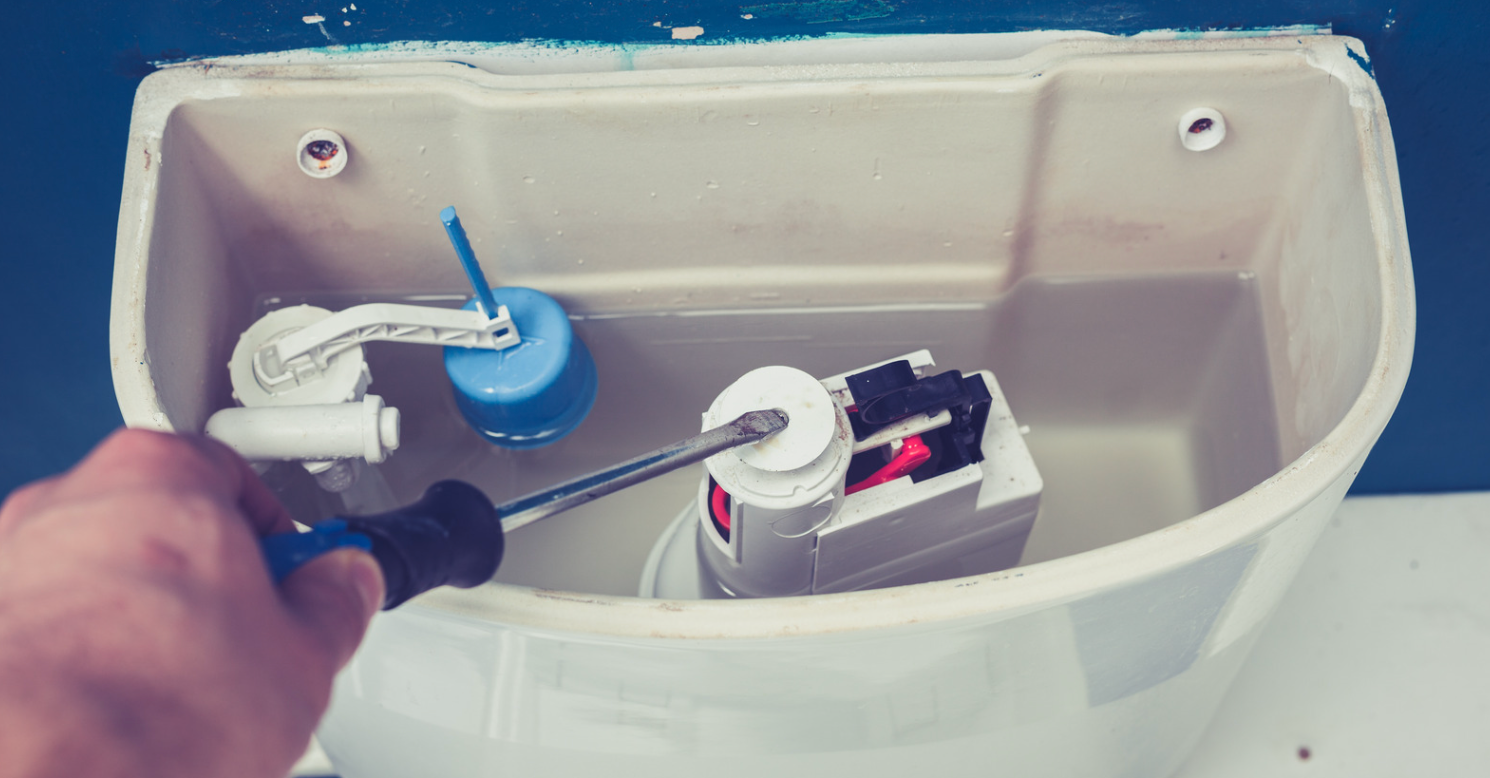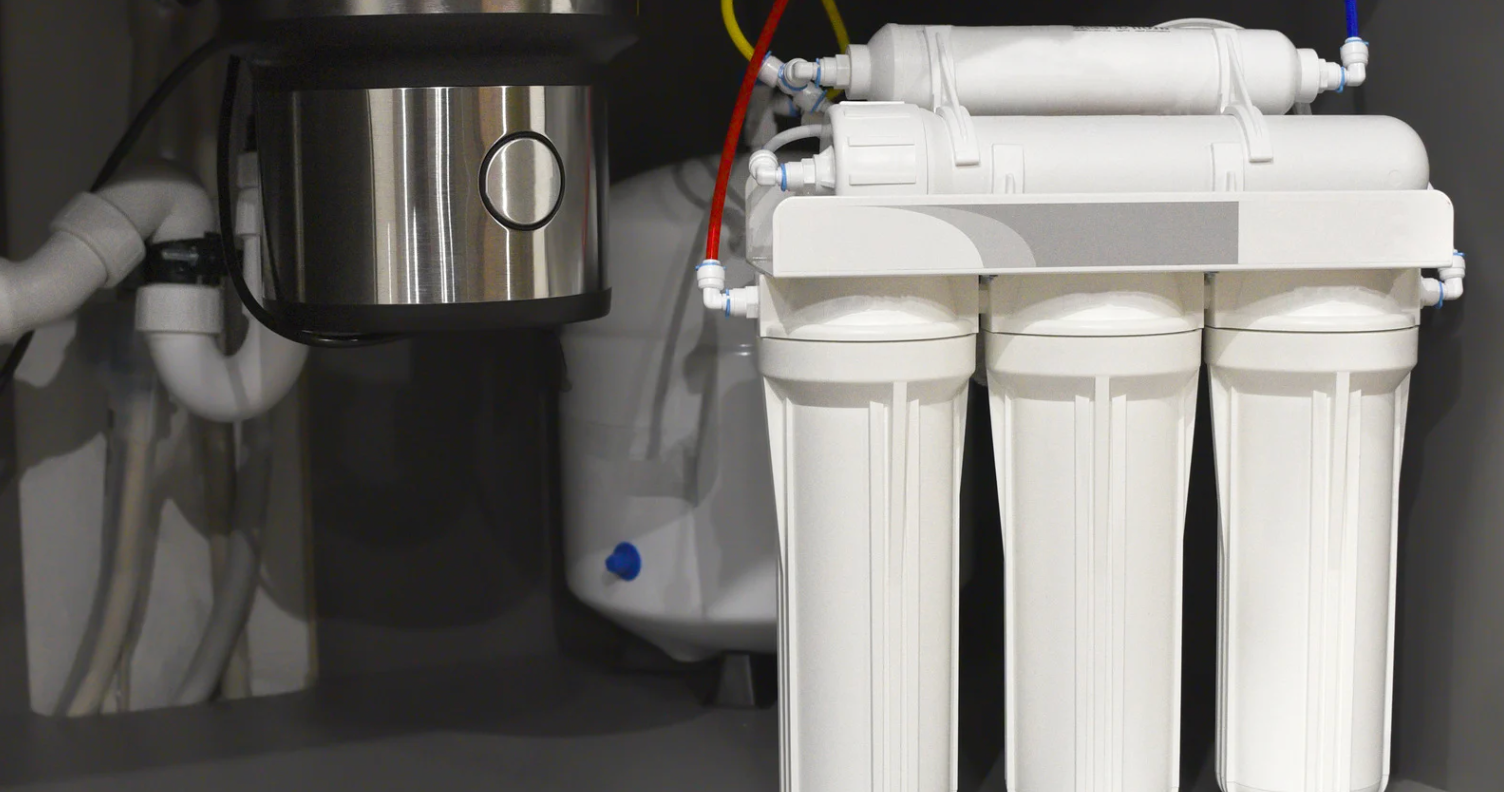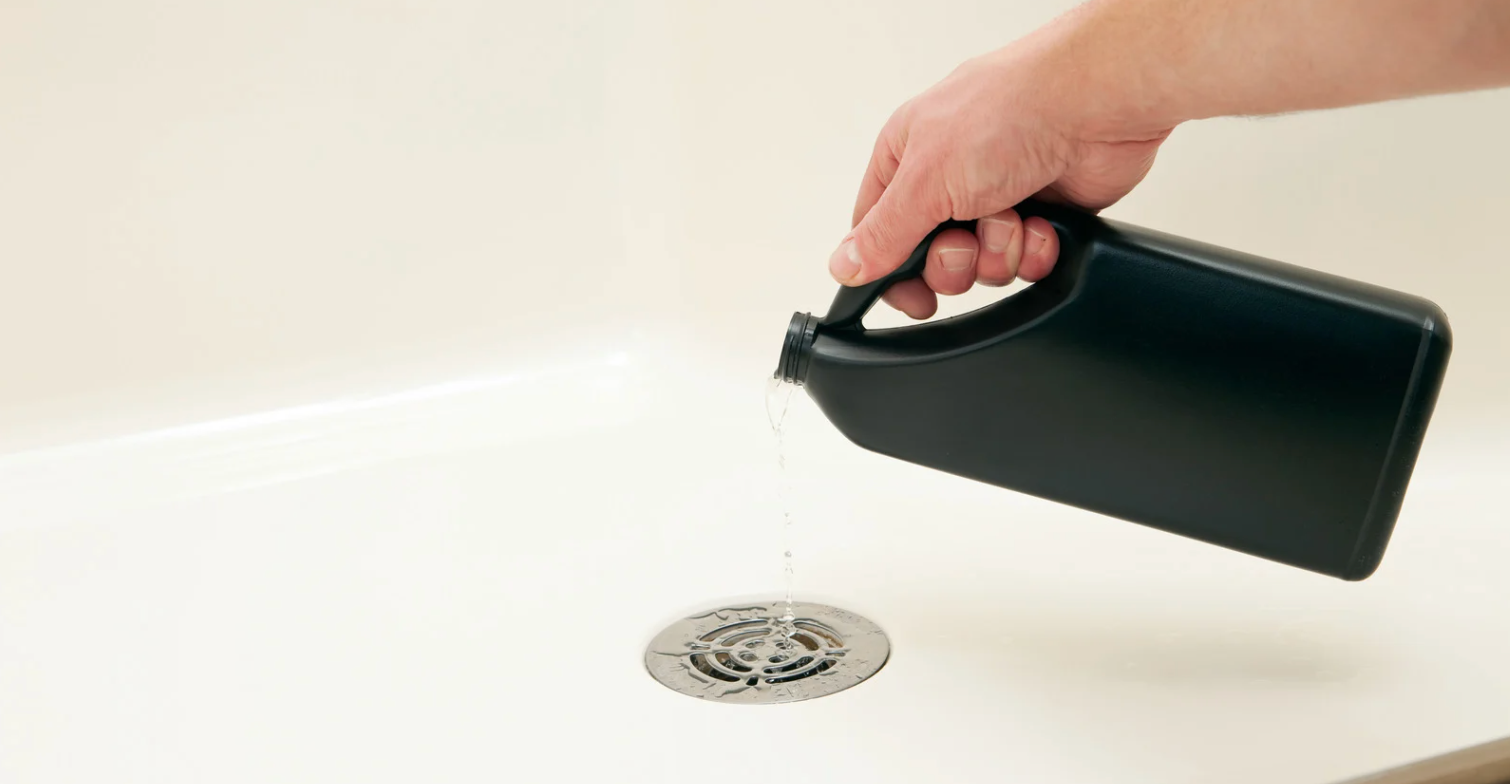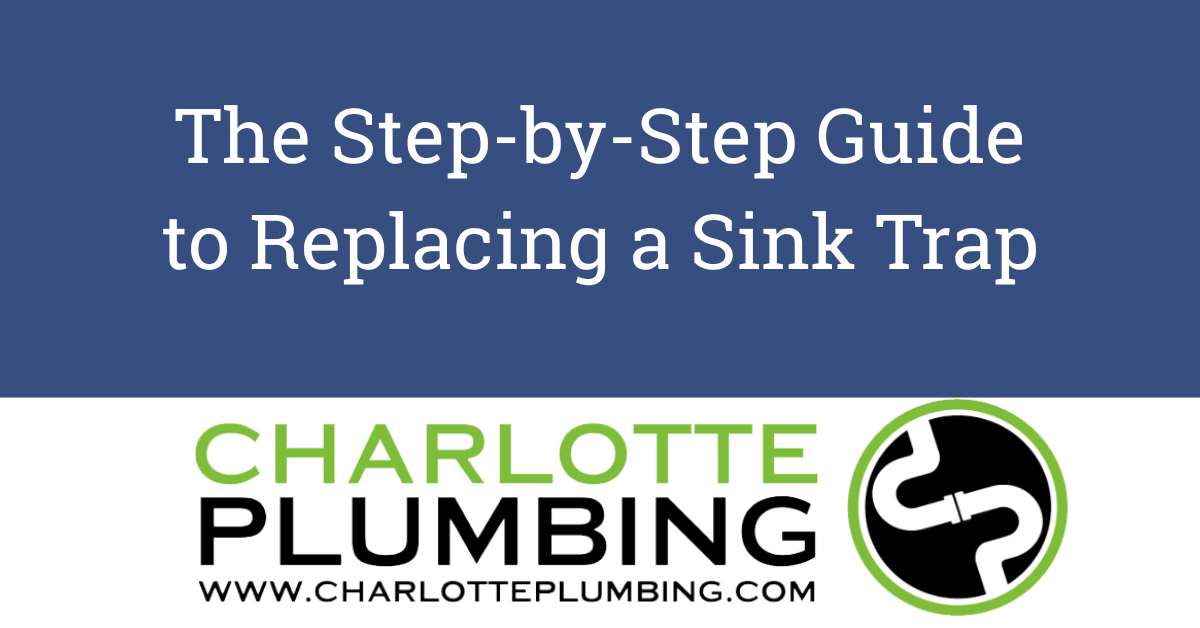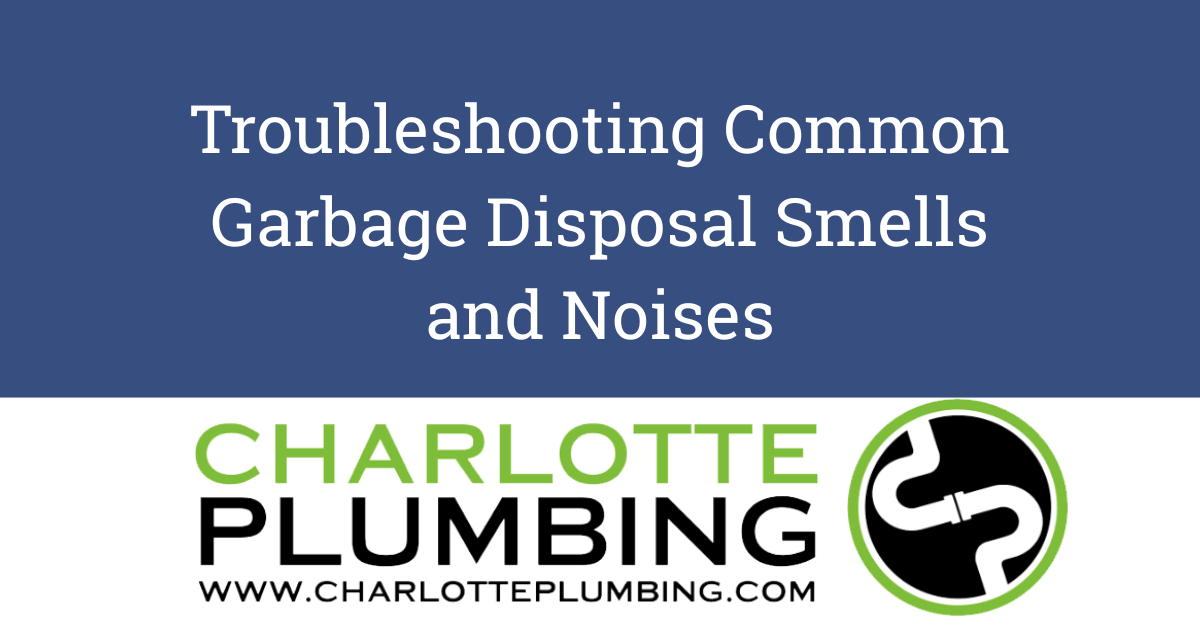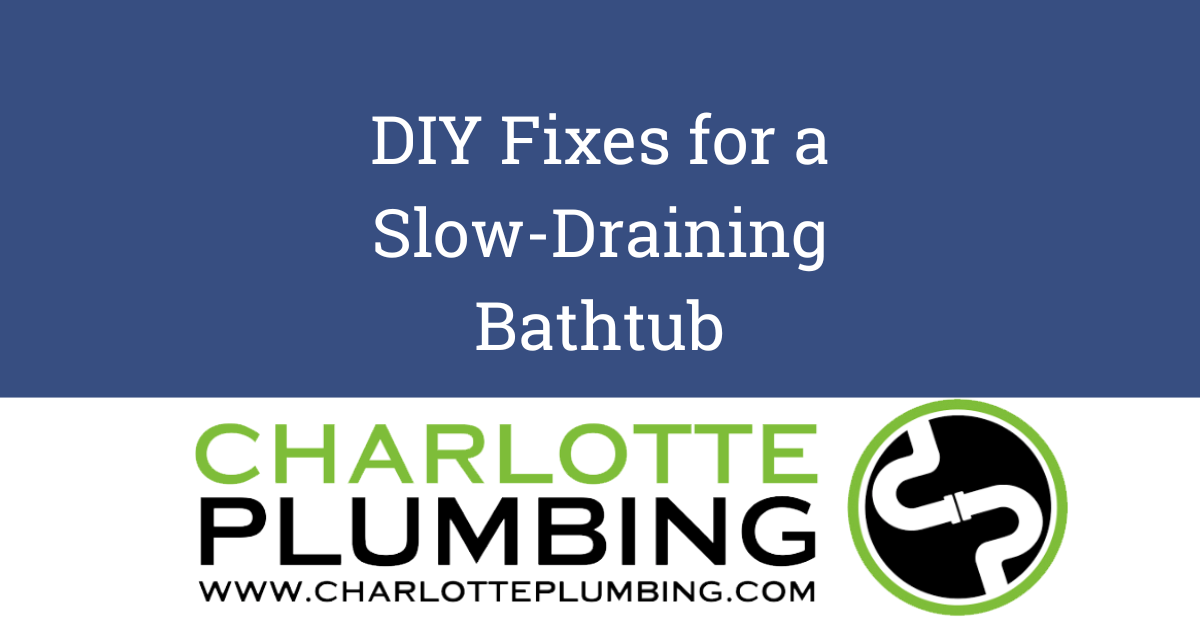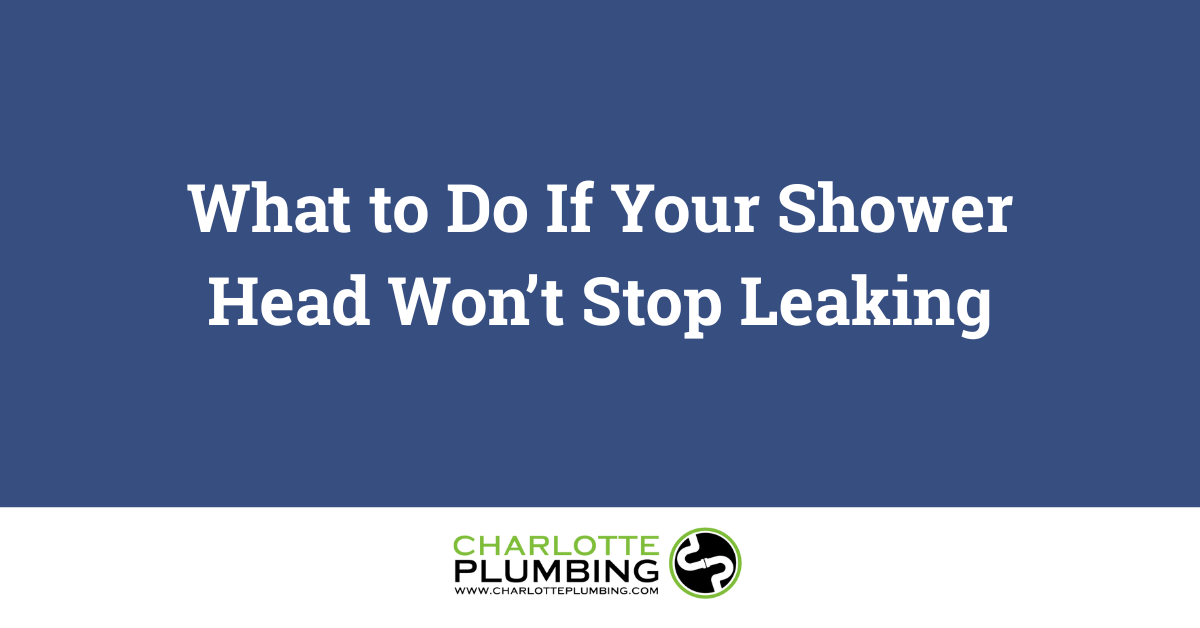How to Winterize Outdoor Plumbing and Prevent Freezing
As temperatures begin to drop in the Charlotte area, it’s essential to protect your home’s outdoor plumbing from freezing. At Charlotte Plumbing, we often see costly damage caused by burst pipes and neglected winter prep—most of which could be avoided with a few proactive steps. If you’re unsure how to get your plumbing ready for cold weather, this guide will walk you through the basics of winterization.
Why Freezing Pipes Are a Problem
When water freezes inside a pipe, it expands. That expansion can cause pipes to crack or burst, leading to leaks, water damage, and expensive repairs. Outdoor spigots, irrigation systems, and exposed piping are particularly vulnerable, especially during unexpected cold snaps in North Carolina’s unpredictable winters.
Step-by-Step: How to Winterize Outdoor Plumbing
1. Disconnect and Drain Garden Hoses
Always remove hoses from outdoor faucets, even if they’re freeze-resistant. Left connected, hoses can trap water in the spigot and cause internal freezing. Drain them completely and store them indoors.
2. Shut Off Outdoor Water Supply
Find the shut-off valve for your outdoor faucets—often located inside your basement or crawlspace—and turn it off. Then, open the outdoor spigot to allow any remaining water to drain out.
3. Install Outdoor Faucet Covers
Once your outdoor spigots are drained, install insulated faucet covers to help protect them from the cold. These are inexpensive and easy to find at hardware stores.
4. Blow Out Irrigation Systems
If you have a sprinkler system, it needs to be completely cleared of water. Compressed air is typically used to blow out remaining water in the lines. This is a task best handled by a professional to avoid damaging the system.
5. Insulate Exposed Pipes
Any visible pipes running through unheated spaces like garages or crawlspaces should be wrapped in foam insulation. For extra protection, consider using heat tape.
Extra Tip: Don’t Forget to Check for Leaks
Even a small drip can create a buildup of ice, increasing pressure in your plumbing system. Before winter hits, check all outdoor fixtures and exposed pipes for leaks and have them repaired.
Prevent Problems Before They Start
Winterizing your outdoor plumbing doesn’t have to be complicated, but it’s one of the most effective ways to prevent winter water damage. Taking time to prepare now can save you a big headache (and repair bill) later.
Need help getting your plumbing winter-ready? Call the experts at Charlotte Plumbing. Whether it’s shutting down an irrigation system or inspecting outdoor pipes, our experienced team is ready to help you prepare your home for the colder months—safely, quickly, and affordably.
Schedule your winter plumbing check-up today and enjoy peace of mind all season long.

